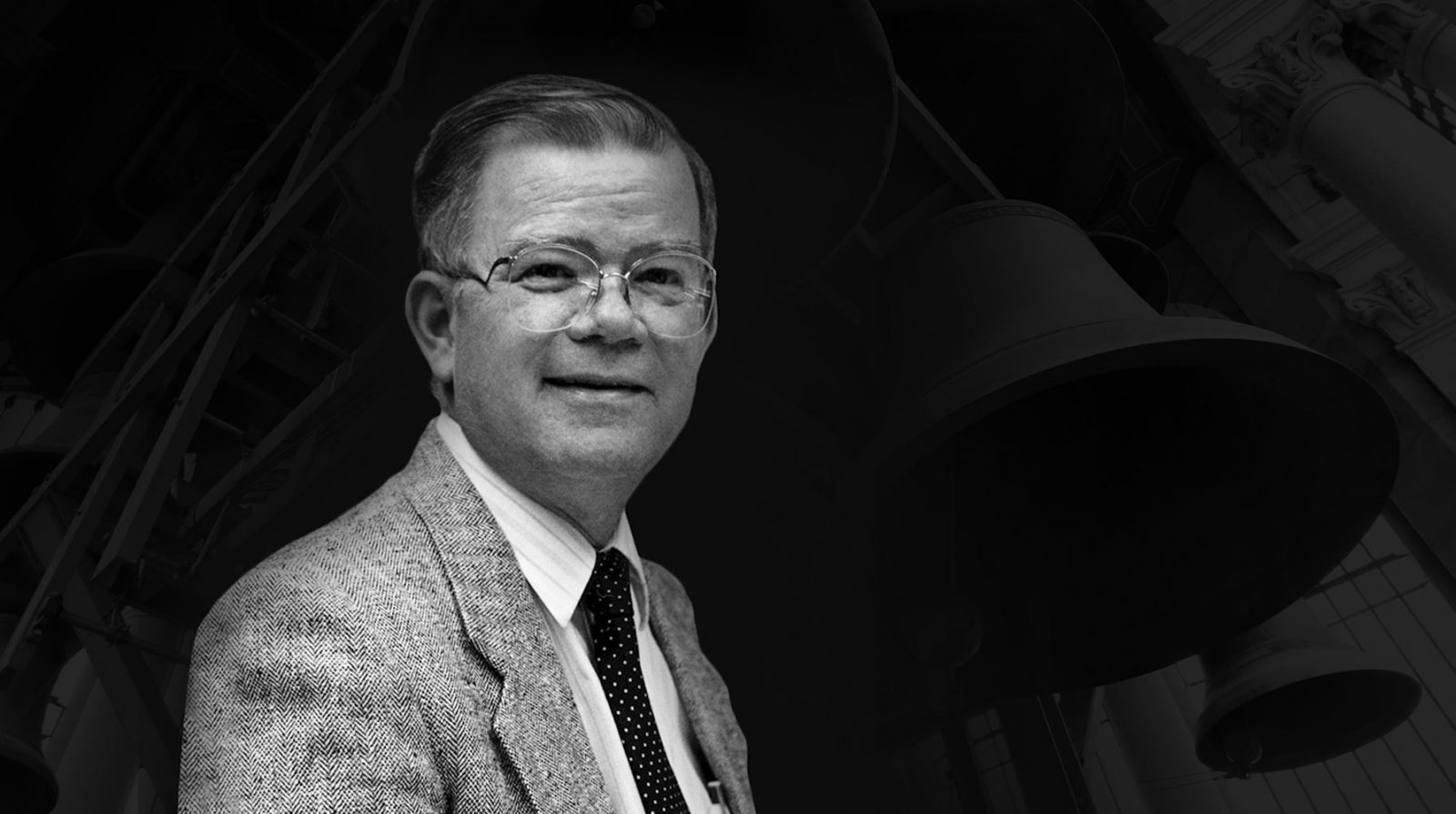


Casey Luskin Reviews Three Views on Christianity and Science
On today’s ID the Future, host Tom Gilson and guest Casey Luskin discuss a new book Luskin recently reviewed at Evolution News, Three Views on Christianity and Science. Luskin, associate director of Discovery Institute’s Center for Science and Culture, summarizes the three views covered in the book: the independence view presented by Michael Ruse, the dialogue view presented by Alister McGrath, and the constrained integration view presented by Bruce Gordon. Luskin critiques the first two and argues that the dialogue view, in practice, quickly devolves into a monologue where religion is supposed to sit down and shut up the moment there is a point of difference between religion and consensus science. He says this is doubly problematic because (a) scientists are fallible and the scientific consensus changes; it’s not an infallible guide; and (b) key founders of modern science were inspired by a genuine cross-fertilization between scientific and theological reflection as opposed to a faux dialogue where all the influence moves only in one direction, from scientific consensus to religion. Luskin further points out that theistic evolutionists, such as those involved with the BioLogos group, promote the dialogue view but tend to quickly cede ground when evolutionary materialists muscle their way into an area previously claimed by a religious explanation. Luskin gives the example of theistic evolutionist and BioLogos founder Francis Collins pointing to universal human morality as something best explained not but by blind evolution but by the idea of humans made in the image of God. Luskin adds that this explanation apparently even played a role in bringing Collins to belief in God. In contrast, evolutionary psychology insists on explaining human personality in purely materialistic evolutionary terms, and as it has expanded its influence in recent years, BioLogos has tended to steer away from this very argument that helped bring their founder to belief in God. A better approach, Luskin argues, is the third one in the book, the constrained integration view advocated by CSC senior fellow Bruce Gordon.

Pat Flynn, Stephen Meyer, and the Return of the God Hypothesis, Pt. 2
On this ID the Future, Pat Flynn continues his conversation with bestselling author and philosopher of science Stephen C. Meyer, director of Discovery Institute’s Center for Science and Culture. The focus is Meyer’s new book, Return of the God Hypothesis, and here in the second and final part of their conversation, Flynn and Meyer discuss the beginning of the universe, the multiverse hypothesis, worldview bias, Bayesian probability calculus, methodological materialism, and specific scientific predictions that intelligent design thinking has motivated. This interview is presented here with permission of philosopher and YouTuber Pat Flynn.

Richard Weikart Reviews New Book on Social Darwinism
In today’s ID the Future historian Richard Weikart (Cal State Stanislaus) dissects a new Cambridge University Press book on social Darwinism by Jeffrey O’Connell and Michael Ruse. Weikart, author of Hitler’s Ethic, From Darwin to Hitler, Hitler’s Religion, and The Death of Humanity,* says that a major shortcoming of the new book is the authors’ attempt to put as much distance as possible between Darwin and eugenics thinking, and between Darwin and Hitler. The new book paints Darwin follower Herbert Spencer as the eugenics-championing bad guy and posits that Darwin and Darwinism had little or no influence on Hitler’s warped master race ethic. Weikart patiently highlights some key evidence to the contrary, statements front and center in Hitler’s writing. Did Darwin cause Hitler? No. Would Darwin have approved of Hitler? Almost certainly not. But according to Weikart, Darwin’s own racist and pro-eugenics thinking, combined with some implications of his theory that he himself explicitly surfaced, manifestly did lay the groundwork for Hitler’s diabolical outlook on “the master race,” “the struggle for life,” war, and eugenics. *As an Amazon Associate, Discovery earns from qualifying purchases.

Honoring Phillip Johnson Pt. 6: Emily Johnson, Stephen Meyer
On this episode of ID the Future, we present two final, moving talks in a series honoring the late Phillip E. Johnson, author of the hit book Darwin on Trial and affectionately known as the godfather of the intelligent design movement. These two eulogies were given at his memorial service in November. The first speaker is Emily Johnson, Phillip Johnson’s daughter. The second is Stephen Meyer, director of the Discovery Institute’s Center for Science and Culture.
Weikart on Racism, Darwinism and Christianity
On this episode of ID the Future, Cal State history professor Richard Weikart, author of The Death of Humanity and the Case for Life, talks racism past and present, in both Christian and “scientific” secular history.
Read More ›
Richard Weikart on Michael Ruse and the Darwinian Religion
On this episode of ID the Future, From Darwin to Hitler author and historian Richard Weikart speaks with Mike Keas about a recent book on Darwinism, Christianity, and war by Michael Ruse. Weikart says that in the course of the book Ruse appears to shift from warning others about treating Darwinism as a secular religion to himself embracing it as such.
Read More ›
Hitler & Darwin, pt. 2: Richard Weikart on Evolutionary Ethics
On this episode of ID The Future, the second of two in this series, host David Boze continues a discussion with Discovery Institute fellow Dr. Richard Weikart, author of two books exploring the links between Darwinian theory and Nazism. On this podcast, Weikart talks about the moral and logical challenges involving evolutionary ethics. Is morality simply “an illusion fobbed off on us by our genes to get us to cooperate”, as biologists Michael Ruse and E. L. Wilson suggest? What did Darwin believe about morality? Is there an objective morality, or is it relative and evolving even today? Listen as Weikart builds a compelling case against evolutionary ethics and recent criticism of his books. Weikart is the author of two books on the subject: From Darwin to Hitler: Evolutionary Ethics, Eugenics, and Racism in Germany and Hitler’s Ethic: The Nazi Pursuit of Evolutionary Progress. ALSO: Read Weikart’s detailed response on Evolution News & Views to recent criticism of his books.